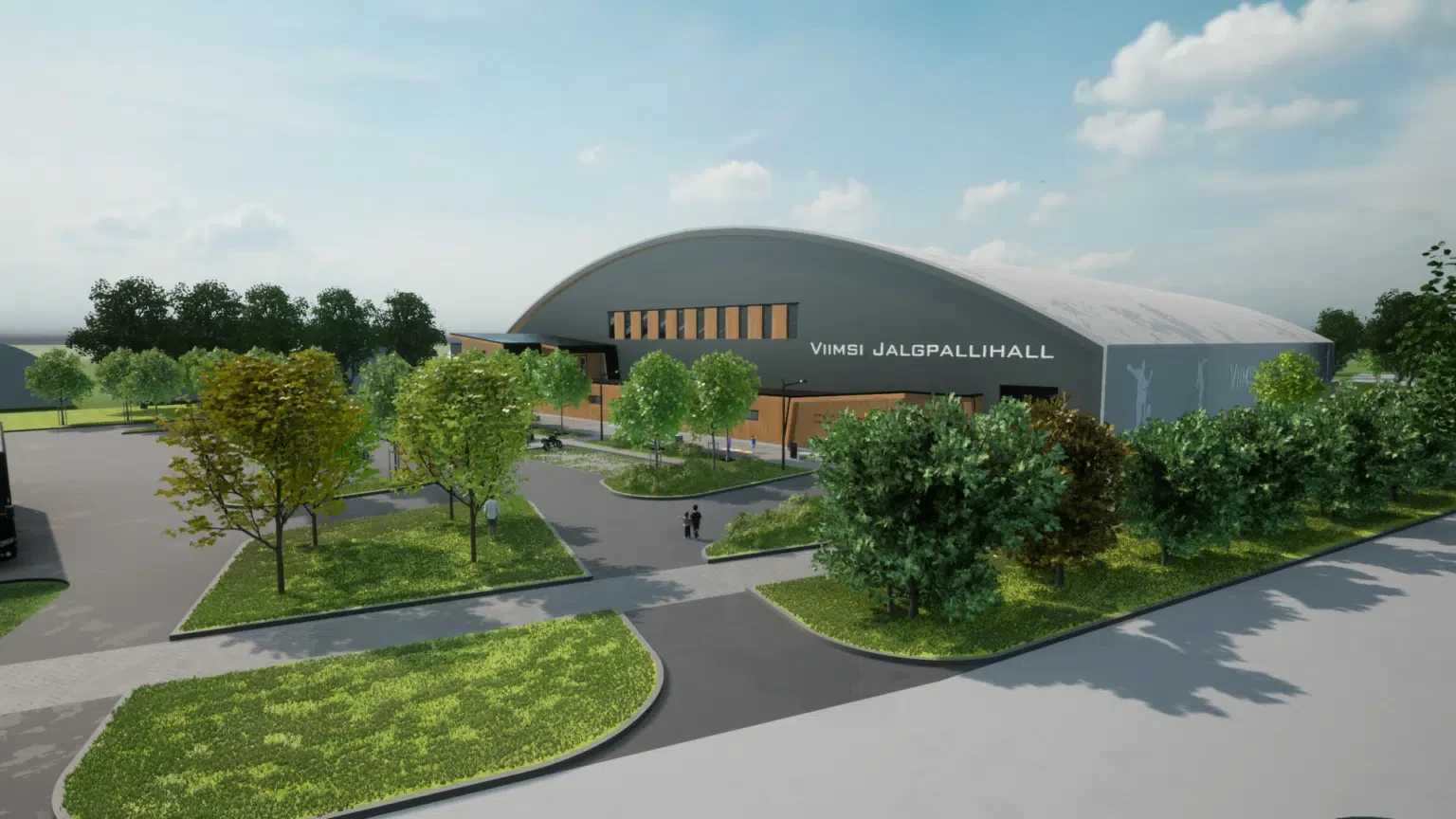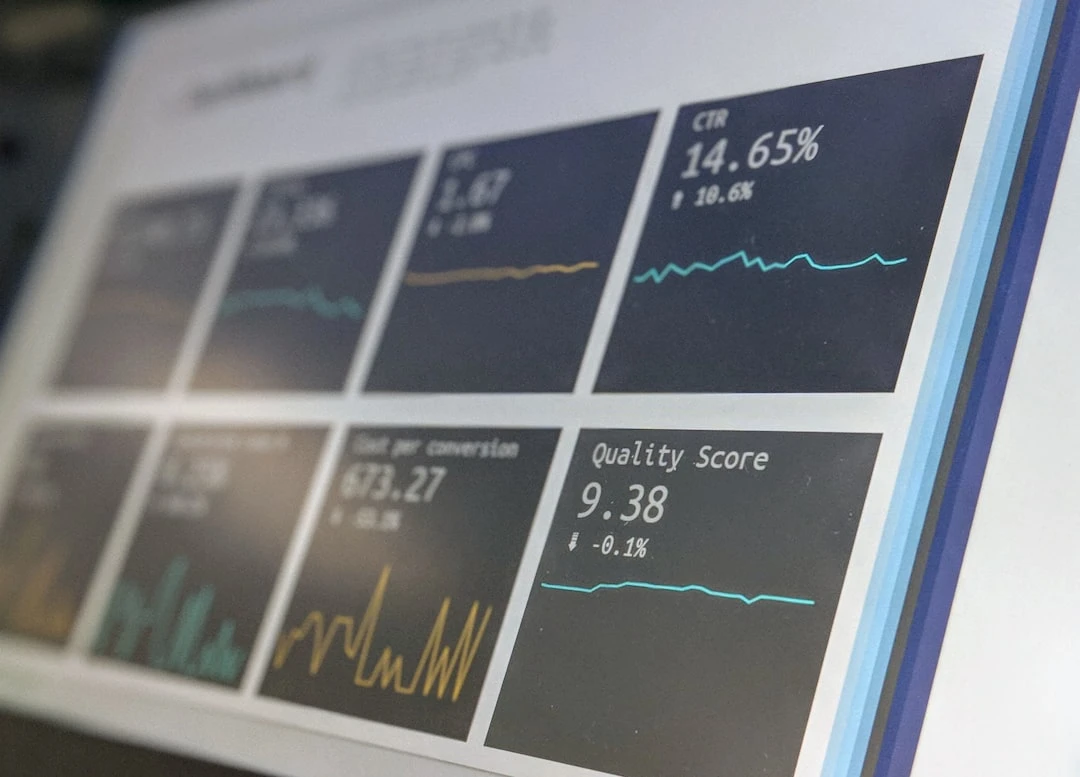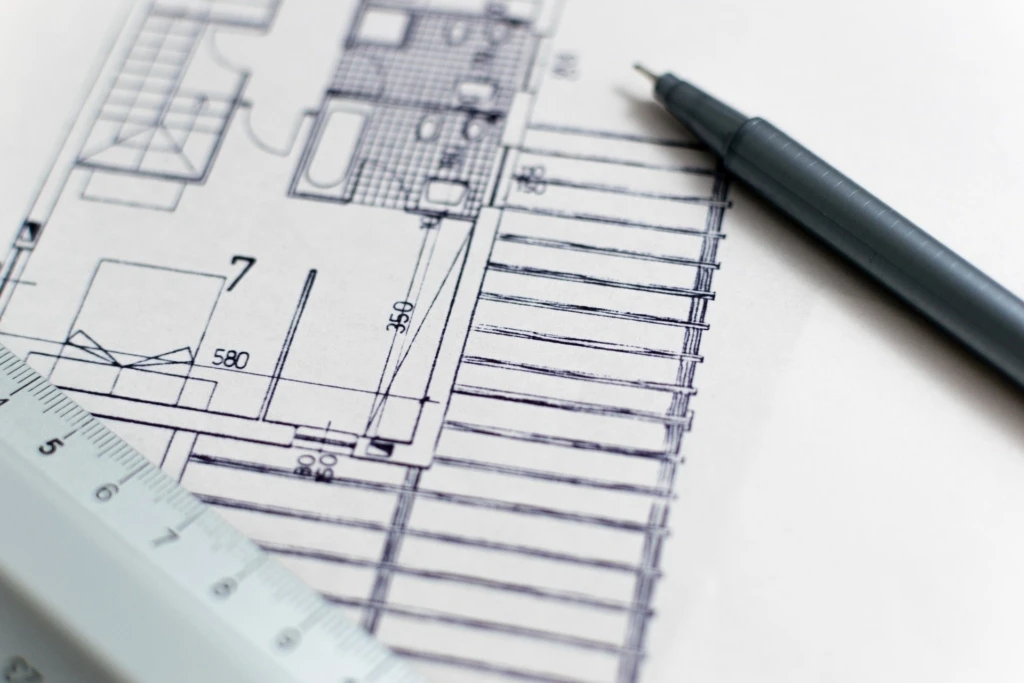Experts Find an Average of 150-200 Errors per Project, with a Record of 819 Notes

Helina Tiitso, head of the expertise department at Project Bureau, discusses who needs building project expertise and why, and reveals which areas most commonly contain errors during the process.
What is the purpose of your service?
The purpose of our service is to identify possible errors in projects, assess their impact, and provide an independent assessment of project quality. We provide feedback so that the client knows at what level the project has been prepared and what changes should be made to improve it. It is important to remember that for certain structures and facilities, expertise is mandatory, primarily to ensure safety.
Who is this service suitable for? Is there a minimum project volume where it makes sense to order expertise?
Our service is suitable for anyone who has commissioned a project or who wants to check the completeness and compliance of a building project. Some projects are subject to mandatory expertise requirements – for example, buildings where at least 50 people can be present at the same time (educational, commercial, and industrial buildings).
The expertise requirement is not limited only to the number of users. An obligation can also arise if the structure has a complex design, an unusual solution, and is affected by large loads. Expertise is also mandatory for projects that include large span elements, bridges, tunnels, or high-power electrical installations.
Even if a project does not have a statutory expertise requirement, expertise can always be ordered to assess quality or ensure safety. Expertise is useful and necessary for both developers and the public sector. During the expertise process, it becomes clear whether the project complies with requirements, is safe, and is of high quality. Projects are checked before construction, but sometimes also during construction.
It is always better to discover errors early rather than too late, when there is nothing more that can be done.
In which parts of the project are more errors found?
Our experts find errors in all parts of the project, but there are places where they occur more frequently than others – building structures, heating, ventilation and cooling, fire safety, and water supply and sewerage.
How many errors are typically found during an expertise?
On average, there are around 150-200 remarks per project. This number depends on the complexity and scope of the project. The largest number of remarks for a single project has been 819.
Can you speak of typical problems?
It is difficult to single out typical problems, as each project is different and errors depend on the type of building, the designers, and also the complexity of the project. However, it can be said that the most common problems occur where different project components are not in harmony with each other.
How much time and money does expertise save the client?
Each error found represents an opportunity to avoid later problems during construction or use. It is difficult to provide exact amounts, but one overlooked error can mean thousands of euros in additional costs or, in the worst case, later reconstruction.
Who have you provided the service to?
We have provided and continue to provide the service to the public sector, private companies, and also individuals. The main clients are the public sector and companies.
Does one expert review the project or multiple people?
Having won a tender or reached an agreement with a private client, we form a team to review the project. The team always consists of multiple people – for example, an architect, a structural engineer, a fire safety expert. There must be a qualified person for each special area. An architect, for example, is not allowed to review a heating, ventilation, and cooling project; for this there must be a separate qualified person.
The size and composition of the team depends on how many special areas are covered in the project. Also, the specific characteristics or risk areas of each project must be taken into account. If, for example, an auditorium is planned in the project, it is important to include an acoustic engineer even if a separate project has not been prepared for it. Similarly, if the building includes public gathering spaces, a fire safety expert familiar with evacuation solutions must be involved.
The purpose of expertise is not only to check compliance with requirements, but also to provide a comprehensive assessment of the project's functionality, safety, and practicality.
Order building project expertise from projektiburoo.ee.
Article author: Helina Tiitso, head of the expertise department at Project Bureau.




